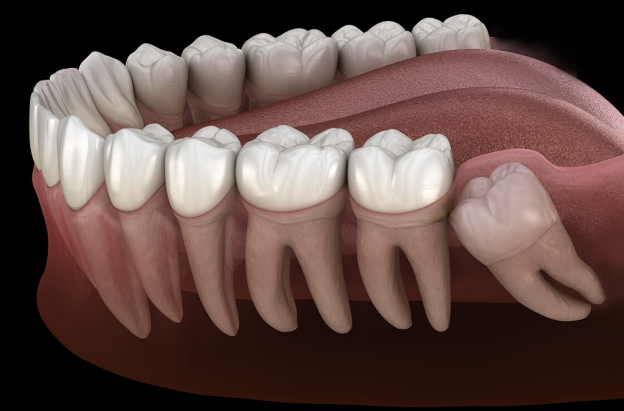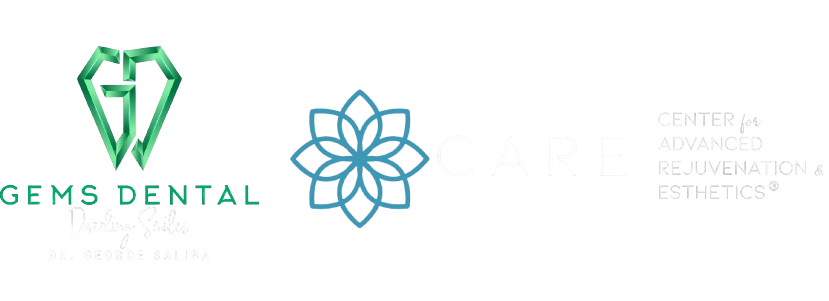
Wisdom teeth, often referred to as the third molars, have been traditionally removed to reduce the risk of infection and teeth crowding. Yet some modern research suggests these extraction methods present more of a risk to patients than a benefit. At GEMS Dental, we can help you determine if your wisdom teeth need removing or if it’s safe to leave them in place.
Some say leave healthy teeth alone
In general, the idea of “if it’s not broken, don’t fix it,” stands true, even when you’re discussing the removal of wisdom teeth. We often tell patients that if their wisdom teeth are healthy and not causing any issues, they don’t necessarily need to be extracted. That means your third molars can stay if they are:
- Healthy and don’t show signs of decay
- Fully erupted through the gums
- In the correct position and fit into your natural bite
- Able to be fully brushed and flossed
The biggest obstacle to keeping your teeth is the time it takes for your wisdom teeth to fully erupt. Although you may start noticing these teeth breaking through your gums around age 17 or 18, they don’t fully emerge until 25.
Some say better safe than sorry
Historically, the dental community has opted to remove wisdom teeth the majority of the time. Their philosophy of better safe than sorry worked. It’s estimated that when left in place, wisdom teeth cause future problems in the mouth two-thirds of the time. They’re hard to keep clean, prone to cavities, and often contribute to gum disease.
Don’t let them crowd out your teeth
The most common issue with letting wisdom teeth fully develop is that there’s often no room for the teeth to fully erupt. When they do, the third molars crowd your other teeth, causing them to shift and become crooked.
Crowded teeth not only shift your teeth alignment, but they can also lead to issues with gum disease and tooth decay. When there’s not enough room for your wisdom teeth to fully come in, the teeth can erupt at the wrong angle, creating an opening that allows germs and bacteria to enter into your gums. What’s more, when your wisdom teeth become impacted, you may have an increased risk of infection and crowd out your other teeth from beneath the gums.
Opt for wisdom teeth extraction if…
At GEMS Dental, we recommend extraction when your wisdom teeth:
- Cause regular pain or discomfort
- Have repeated infections
- Develop cysts or tumors
- Are surrounded by signs of gum disease
- Display signs of tooth decay
Consult with your dentist
To really know if you need your wisdom teeth removed, schedule a consultation with your dentist or dental surgeon. They can take X-rays, examine your mouth, and determine the best course of treatment for your wisdom teeth, discussing the pros and cons of removal.
Like any tooth extraction, there are risks involved when you have your wisdom teeth removed. While most patients fare well, there are cases of:
- Infection
- Bleeding
- Numbness
- Swelling
If you have your wisdom teeth removed and you experience severe swelling or bleeding or see signs of infection, call your doctor right away.
For more information about wisdom teeth or to schedule your consultation, contact us at GEMS Dental in Houston, Texas.

